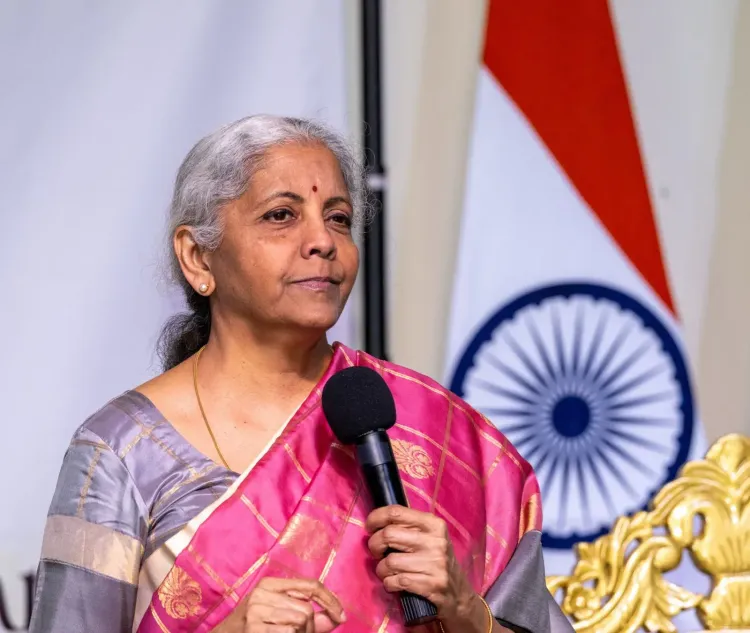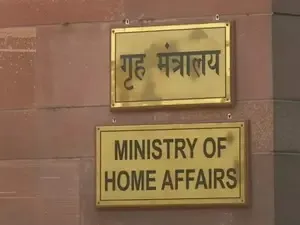Will FM Sitharaman Lead India's Representation at the ADB Meeting in Milan?

Synopsis
Key Takeaways
- FM Nirmala Sitharaman leads the Indian delegation.
- Engagement with international financial institutions is crucial.
- Cross-border collaboration is essential for resilience.
- Focus on sustainable development practices.
- Meetings with global leaders enhance India's economic strategy.
New Delhi, May 4 (NationPress) — Finance Minister Nirmala Sitharaman will head the Indian delegation from the Department of Economic Affairs to participate in the 58th Annual Meeting of the Board of Governors of the Asian Development Bank (ADB). This significant event is set to occur in Milan, Italy from May 4 to 7, as per an official announcement made on Sunday.
The meeting will see the presence of official delegations from the ADB’s Board of Governors, member nations, and various international financial organizations. The Finance Minister is scheduled to engage in key events such as the Governors’ Business session, the Governor’s Plenary Session, and will serve as a panelist during the ADB Governors’ Seminar titled "Cross-Border Collaboration for Future Resilience".
On the sidelines of the ADB’s annual gathering, Sitharaman will also conduct bilateral discussions with her counterparts from Italy, Japan, and Bhutan. Additional meetings with the President of ADB, the President of the International Fund for Agricultural Development (IFAD), and the Governor of the Japan Bank for International Cooperation (JBIC) are also planned, according to the statement.
The Union Finance Minister is set to engage with the Indian diaspora in Milan, meet with global think tanks, business leaders, and CEOs, and participate in a Plenary Session at the NEXT Milan Forum held at Bocconi University on the topic "Balancing Economic and Climate Resilience".
Cross-border collaboration is deemed essential for fostering future resilience, enabling nations to share resources, knowledge, and best practices to tackle challenges such as pandemics, natural disasters, and economic instability. Such cooperation enhances resilience at borders, promotes mutual learning, and encourages sustainable development.
By sharing experiences, countries can implement effective strategies that lead to a more resilient and sustainable future. This collaboration fosters sustainable development through the exchange of best practices across various sectors like infrastructure, resource management, and environmental protection. Establishing systems for sharing information and best practices can significantly enhance preparedness and crisis response.
Joint efforts in sharing resources, infrastructure, and expertise can improve countries' capabilities to confront common challenges. Nations can also synchronize their policies and regulations to facilitate cross-border cooperation in sectors such as trade, investment, and environmental sustainability.









